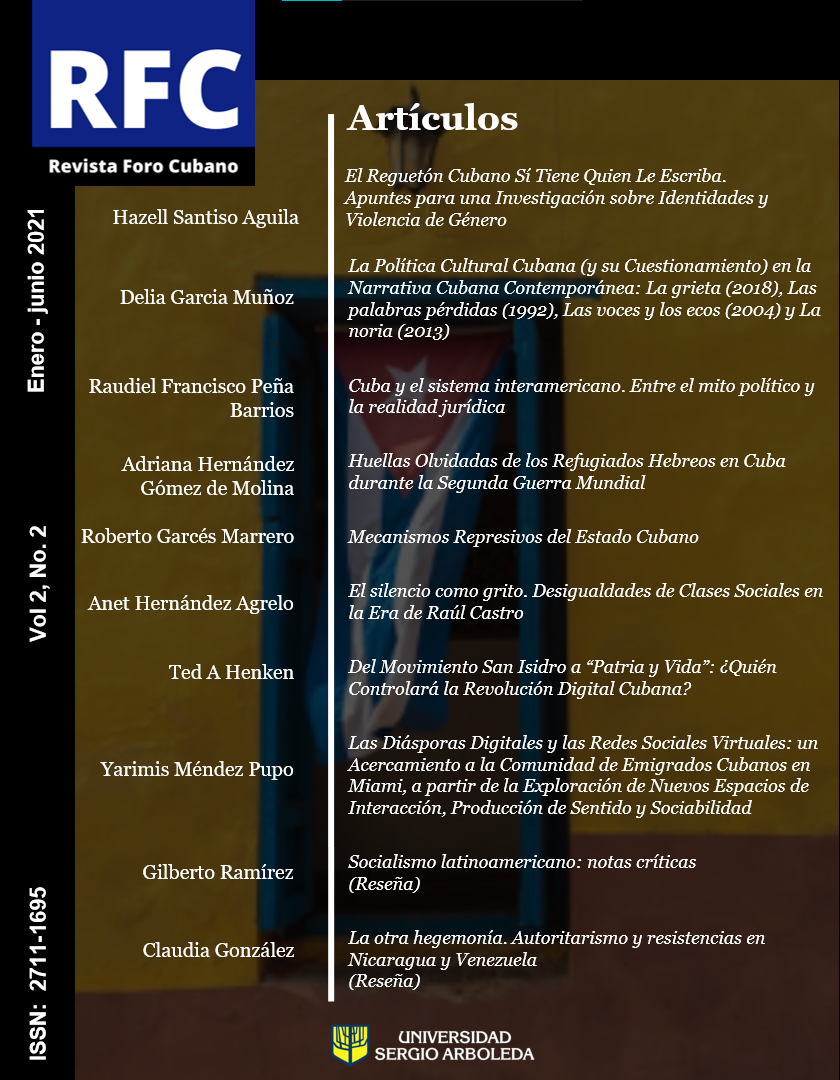Abstract
Reggaeton has arrived and it is here to stay. This important cultural project has stayed as the preferred genre amongst diverse audiences for more than two decades, thus shining light on established cultural norms stated within different social systems. Based on a critical analysis from a series of essays, articles and scientific research on the issue, it was established a more in-depth research data that stemmed from symbolic elements regarding topics such as gender violence which is implicit in the lyrics and in the overall performance attitude associated with this branch of urban music. The information has been organized in chronological order and it is also grouped in four fundamental themes: music, immigration processes and identity, popular music in relationship to the construction of generic identities in Latin America. The research concludes that reggaeton is an urban musical genre which has become popular worldwide but it is predominantly present among Latin cultures. This study also suggests that reggaeton has shifted cultural norms out of gender identification into stereotypes, thus providing an asymmetric differentiation between men and women’s role in society.
Once published, the rights of printing and reproduction are from the Sergio Arboleda University.

